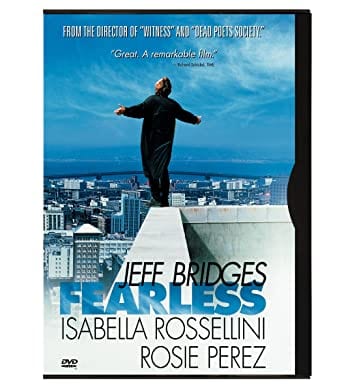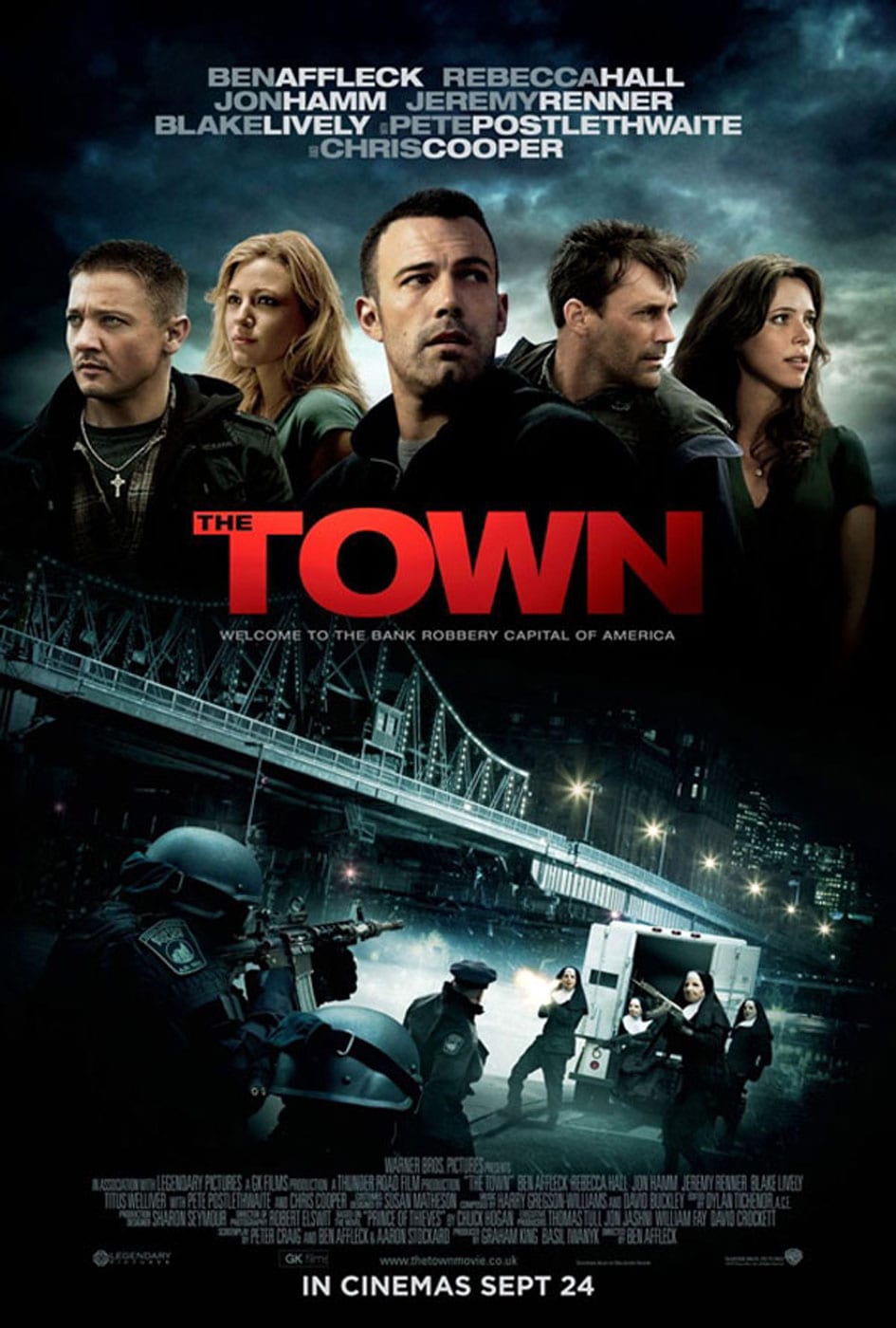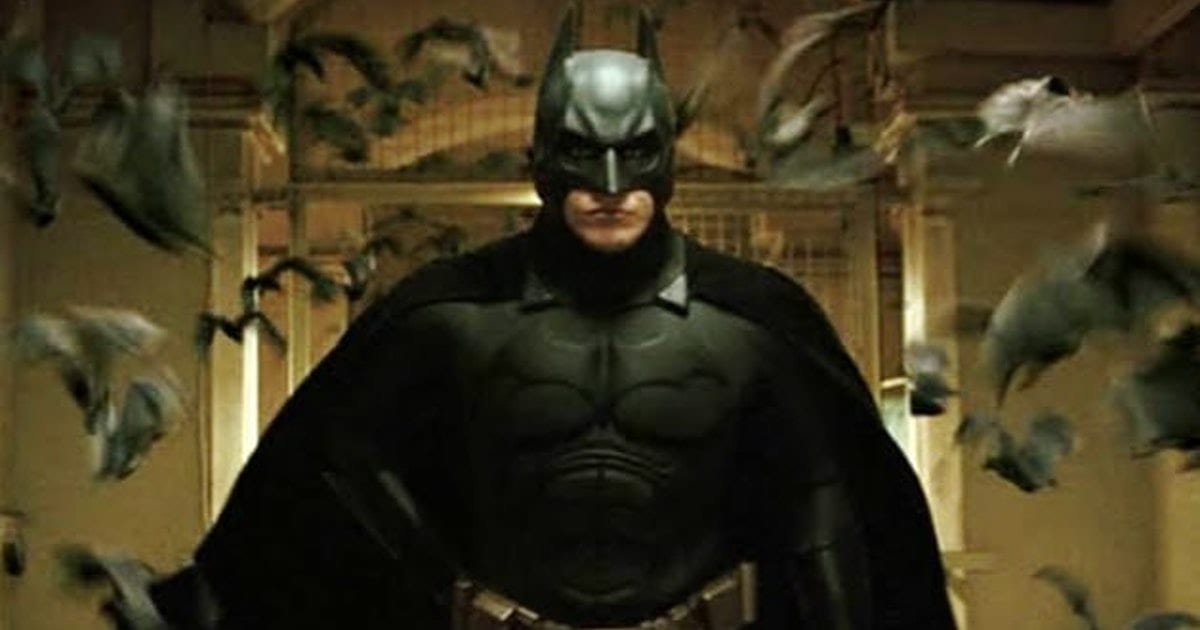
Self Isolation Film Festival: Fearless
?We passed through death.? I think Peter Weir?s 1993 film Fearless may be a very important film for the world to consider in 2021. That will be after we have come through the worst of the Corona Virus pandemic and the social and economic turmoil it is creating. What does it mean to be a…



